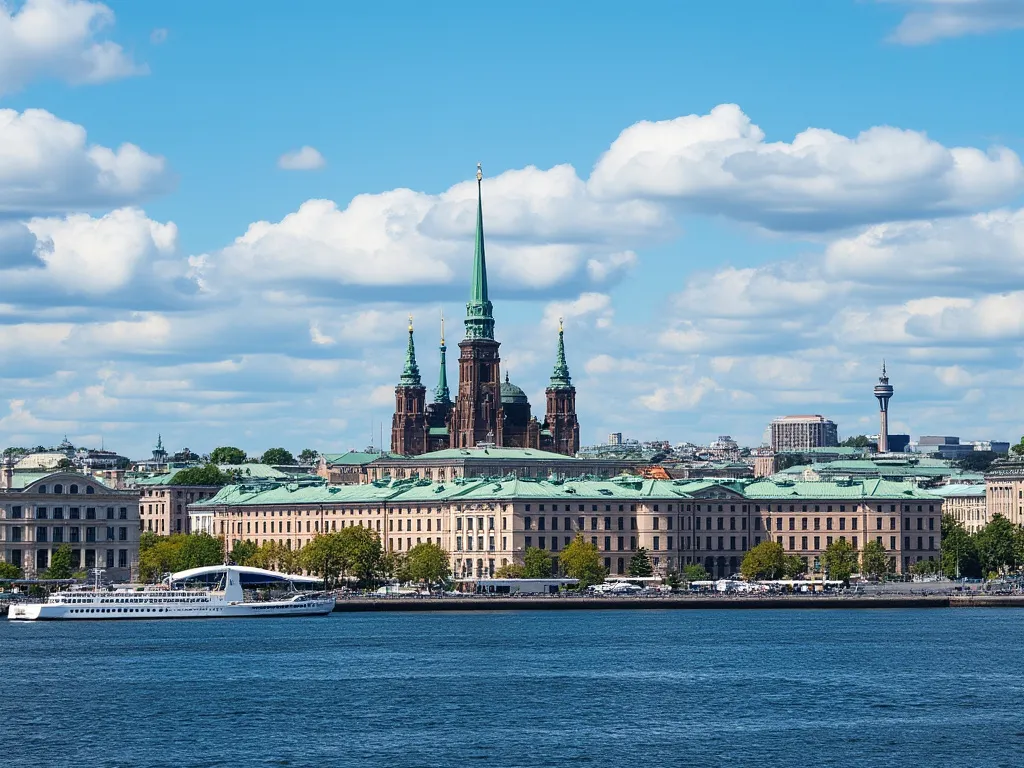
Helsinki, the capital and largest city of Finland, is a vibrant and modern urban center situated on the shores of the Gulf of Finland. The city is known for its stunning natural beauty, rich cultural heritage, and high standard of living.
Helsinki Information
| Country | 🇫🇮 Finland |
| Population | 648,650 (urban area: 1,491,987) |
| Coordinates | 60°10′N 24°56′E |
| Area | 715.48 km² (276.25 sq mi) |
| Climate | Humid continental climate (Köppen climate classification Dfb) |
| Language | Finnish, Swedish |
| Currency | Euro (€) |
| Time zone | Eastern European Time (EET) |
| Proximity to other major cities | Tallinn, Estonia (80 km / 50 mi), Stockholm, Sweden (400 km / 250 mi) |
Historical Background of Helsinki
Helsinki was founded in 1550 by King Gustav Vasa of Sweden as a trading post, and it was originally named Helsingfors. The city remained a small settlement until the 18th century, when it became a major commercial center. In 1809, Helsinki was declared the capital of the Grand Duchy of Finland, a Russian province. The city continued to grow and develop throughout the 19th and 20th centuries, becoming the modern, cosmopolitan city it is today.
Geographical Location of Helsinki
Helsinki is situated on the southern coast of Finland, on the shores of the Gulf of Finland. The city is surrounded by the Baltic Sea to the south and the Finnish Lakeland to the north. The city's geography is characterized by numerous islands, bays, and inlets, which provide a scenic and picturesque backdrop to the urban landscape.
Cultural Significance of Helsinki
Helsinki is a city with a rich cultural heritage, known for its stunning architecture, vibrant arts scene, and world-class museums. The city is home to numerous cultural institutions, including the National Museum of Finland, the Finnish National Gallery, and the Helsinki Philharmonic Orchestra. Helsinki is also a hub for design and innovation, with numerous design studios, galleries, and festivals throughout the year.
Economic Importance of Helsinki
Helsinki is the economic hub of Finland, accounting for over 30% of the country's GDP. The city is home to numerous major industries, including technology, finance, and manufacturing. Helsinki is also a major center for trade and commerce, with the Port of Helsinki being one of the busiest ports in the Baltic Sea region.
Interesting Facts About Helsinki
- Helsinki is home to over 300 islands, many of which are accessible by ferry or bridge.
- The city has a vibrant food scene, with numerous restaurants serving traditional Finnish cuisine, including karjalanpiirakka (Karelian pasties) and salmiakki (salty licorice).
- Helsinki is known for its high standard of living, with numerous parks, gardens, and green spaces throughout the city.
- The city is home to numerous festivals and events throughout the year, including the Helsinki Festival, the Flow Festival, and the Helsinki Design Week.
Tourist Attractions in Helsinki
- The Senate Square, a historic square surrounded by stunning neoclassical buildings.
- The Helsinki Cathedral, a beautiful Lutheran cathedral with a striking green dome.
- The Uspenski Cathedral, a stunning Orthodox cathedral with a beautiful golden dome.
- The Market Square, a bustling marketplace selling fresh produce, seafood, and souvenirs.
- The Temppeliaukio Church, a unique church built into solid rock.
Conclusion on Helsinki
In conclusion, Helsinki is a vibrant and modern city with a rich cultural heritage, stunning natural beauty, and a high standard of living. Whether you're interested in history, culture, design, or food, Helsinki has something to offer for every kind of traveler.
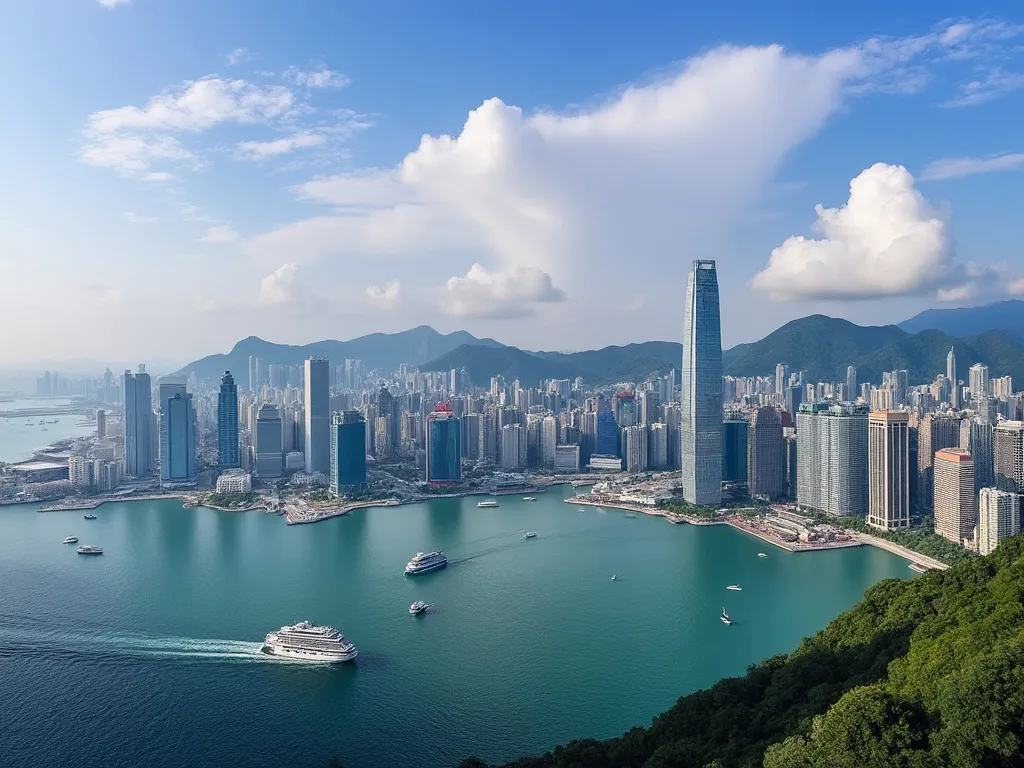 Hong Kong
Hong Kong
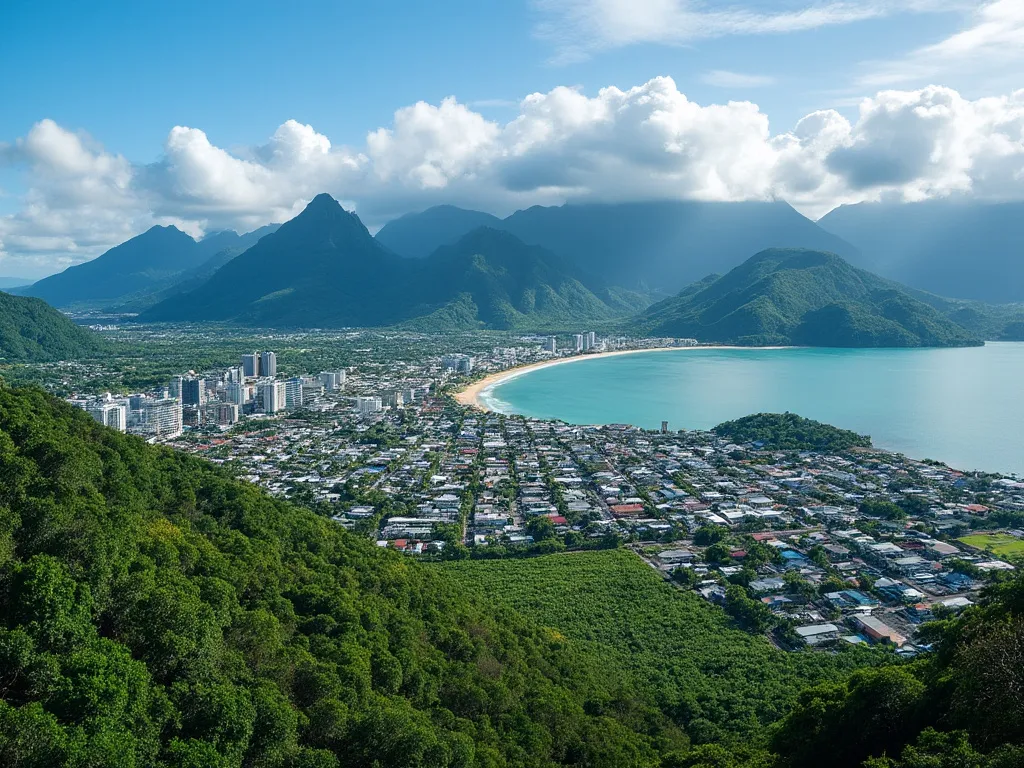 Honiara
Honiara
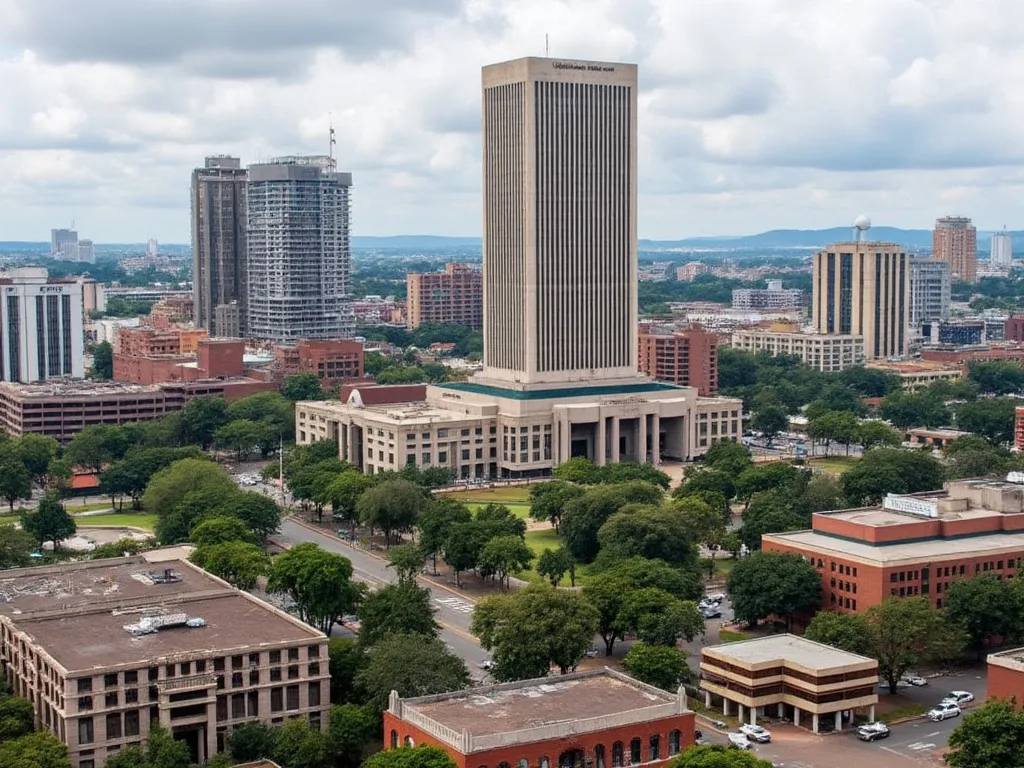 Harare
Harare
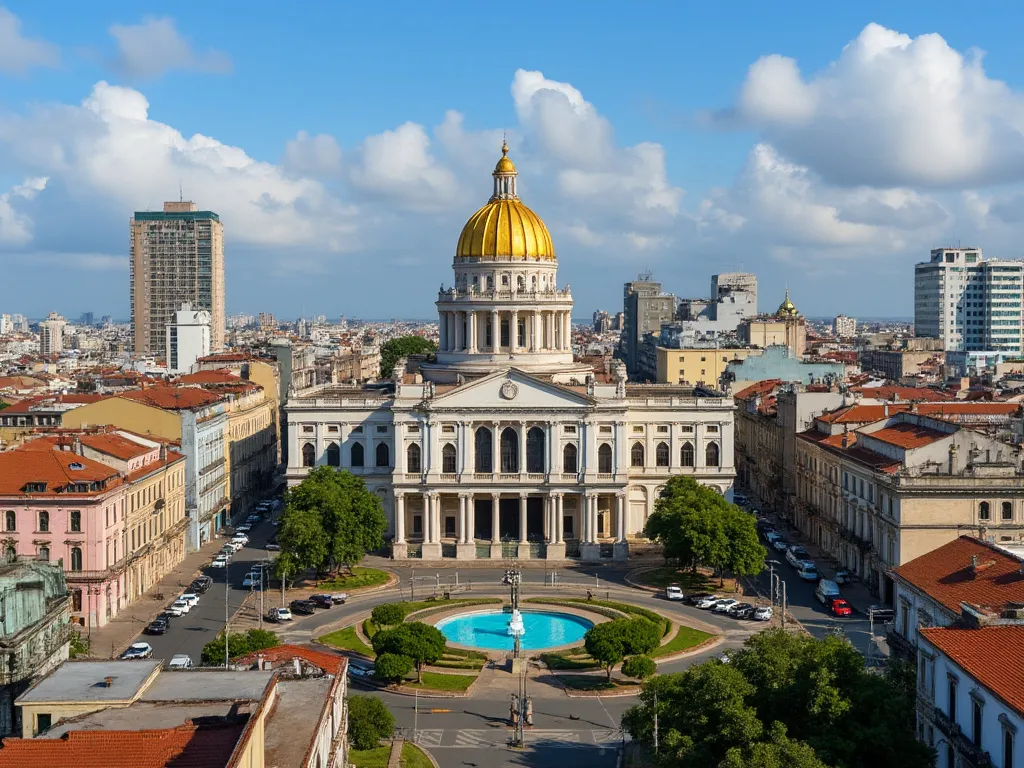 Havana
Havana